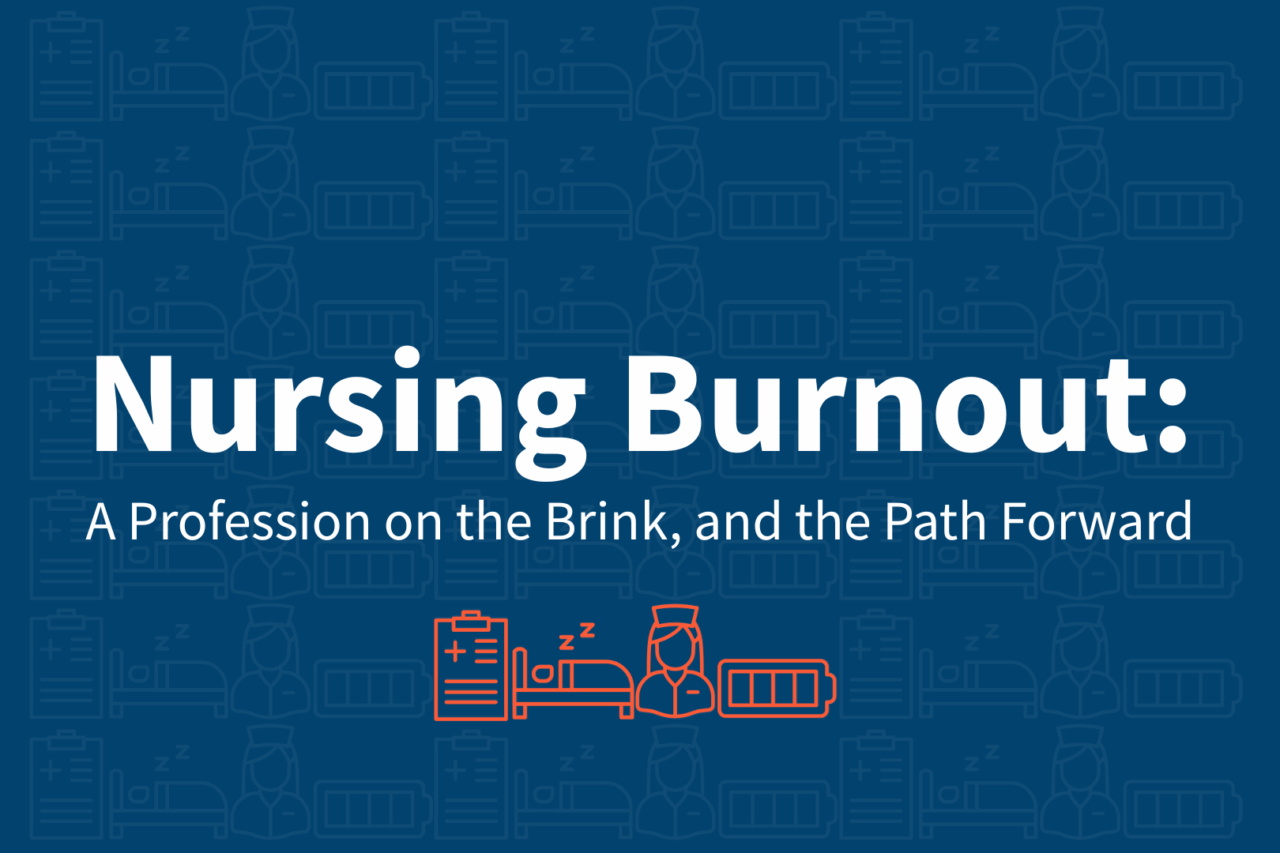Importance of Diversity in Healthcare Programs
Staff WriterApr 19, 2022
Diversity is important in any field, and the nursing industry is an exceptional example of why. The patient demographic is as diverse as this country’s population. An ethnically and culturally diverse applicant pool leads to more diverse and culturally sensitive healthcare providers — and happier, healthier patients. What’s more, studies have shown that diverse groups are better problem solvers and are more prepared, which is very important in healthcare.
Our nation is made up of people of varied national origins, ages, religious affiliations, languages, genders, sexual orientations, disabilities, socioeconomic and occupational statuses, and geographical locations, among many other traits. Education is not a one-size-fits all solution, but a diversified nursing student body gets the ball rolling on a more inclusive and re workplace and overall healthcare industry.
Representation Puts Patients at Ease
When a nurse recognizes cultural sensitivities, they can be proactive about helping patients with personal and cultural practices. Patients may have a particular cultural background or language barrier that affects the provider’s approach. For example, an Iraqi woman wearing a hijaab might appreciate seeing a female doctor who would know to draw the curtains and take other steps to prioritize modesty.
Patients need to feel comfortable and at ease with their healthcare providers in order to establish good communication, and therefore good care. Poor communication can lead to misdiagnosis on a provider’s part, or a patient misunderstanding their treatment plan — so it’s easy to see why healthcare providers should be representative of the community they care for.
Improved Patient Satisfaction and Results
Having one’s background understood and respected not only improves patient care, it also improves patient satisfaction. A provider who understands a patient’s unique background is in a better position to explain test results or a diagnosis. And a patient who feels their provider represents them is more empowered to ask questions and be assertive — and likelier to follow the provider’s advice down the road, leading to a better outcome.
We know economics and limited access often go hand in hand. People who live in economically challenged areas typically have less access to healthcare. Providers with minority backgrounds go on to work in diverse areas at higher rates. This improves the doctor-to-patient ratio, granting better healthcare access to underserved populations and, again, improving outcomes.
Access to Online Education is Key
Another attribute that contributes to diversity is age range. Many of Joyce’s students are not of traditional college age and include working parents, single-income households, and people changing careers — many of whom are not able to be in a classroom all day. Online learning is a key for bringing diversity to the healthcare profession.
At Joyce University, we celebrate diversity in healthcare education and welcome students from all backgrounds. Whether you’re beginning your healthcare journey with our ASN program, pursuing a 3 year BSN degree or accelerated BSN program, advancing through our RN to BSN program, or reaching higher with an MSN degree, you’ll join a diverse community of future healthcare providers committed to inclusive patient care. Begin your journey to becoming part of healthcare’s diverse future by exploring our nursing programs.
Nursing
Learn MoreAdmissions
Learn MoreApply Now
Request Info





